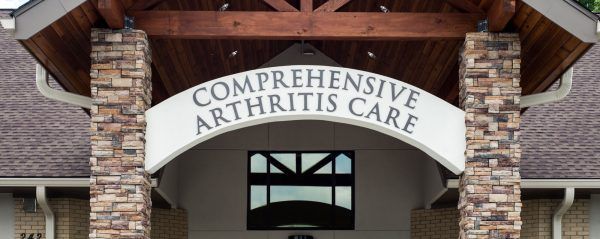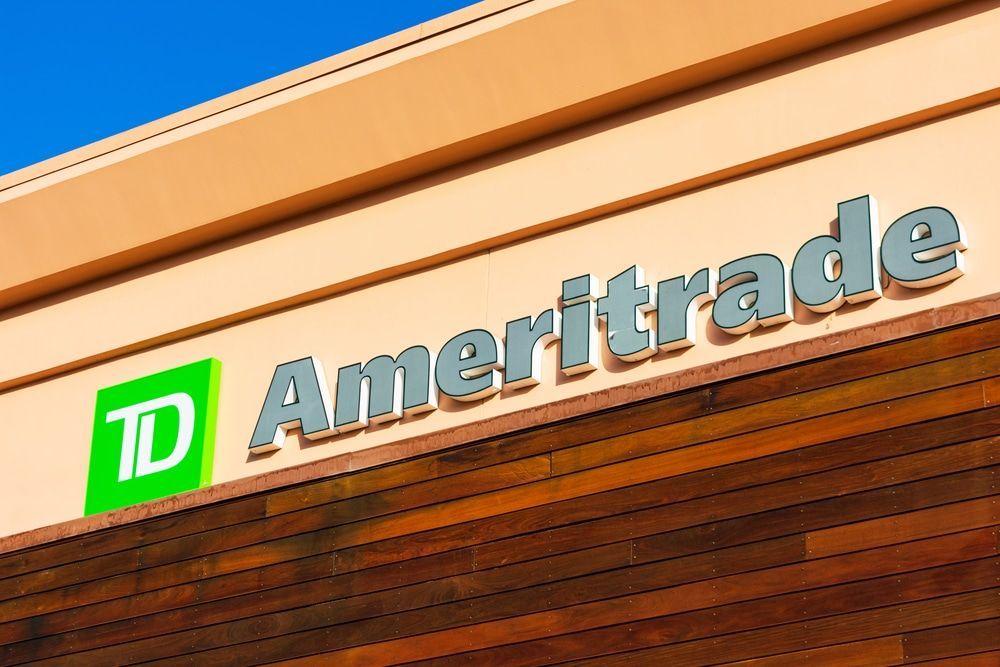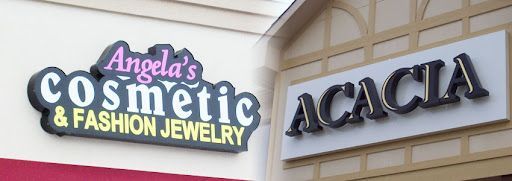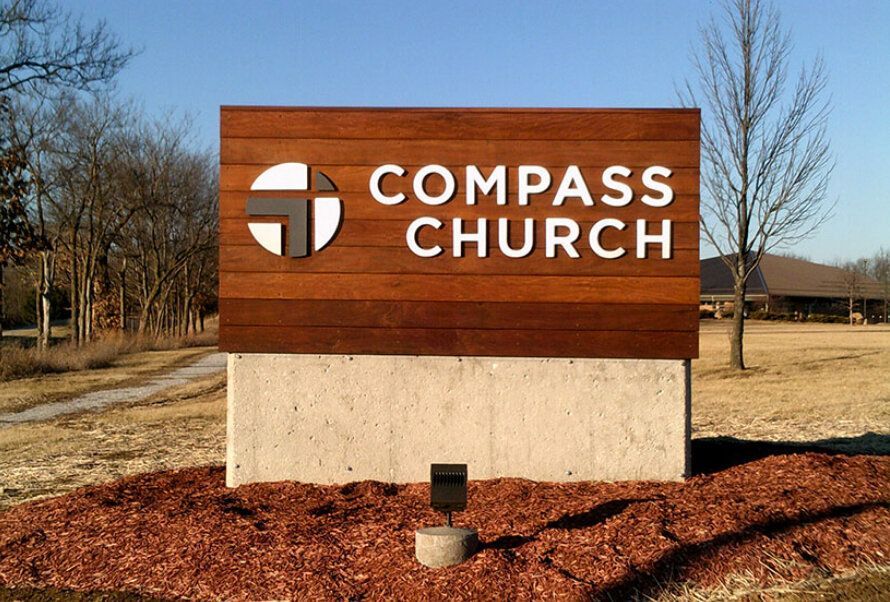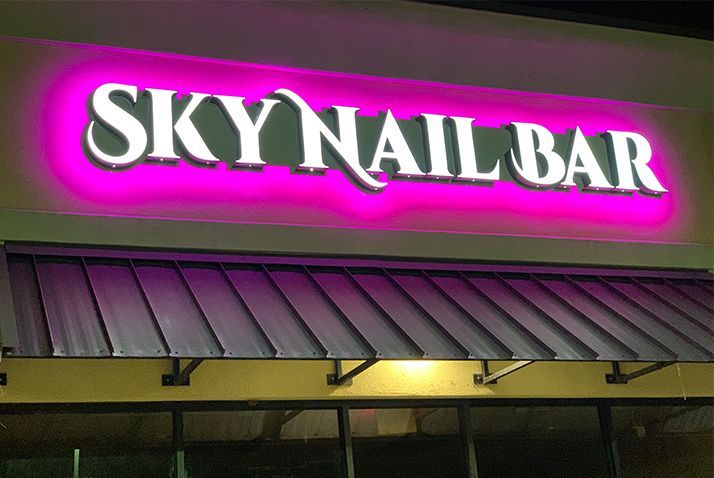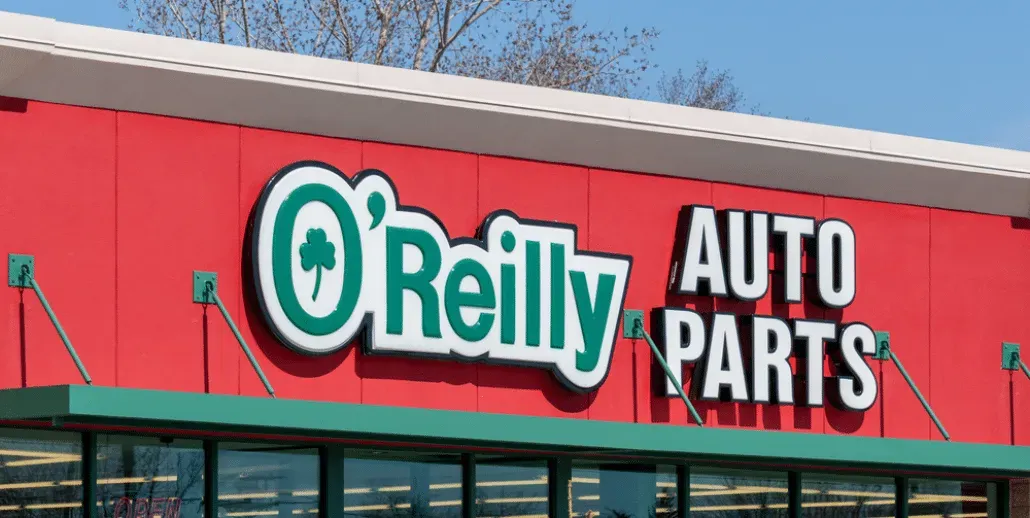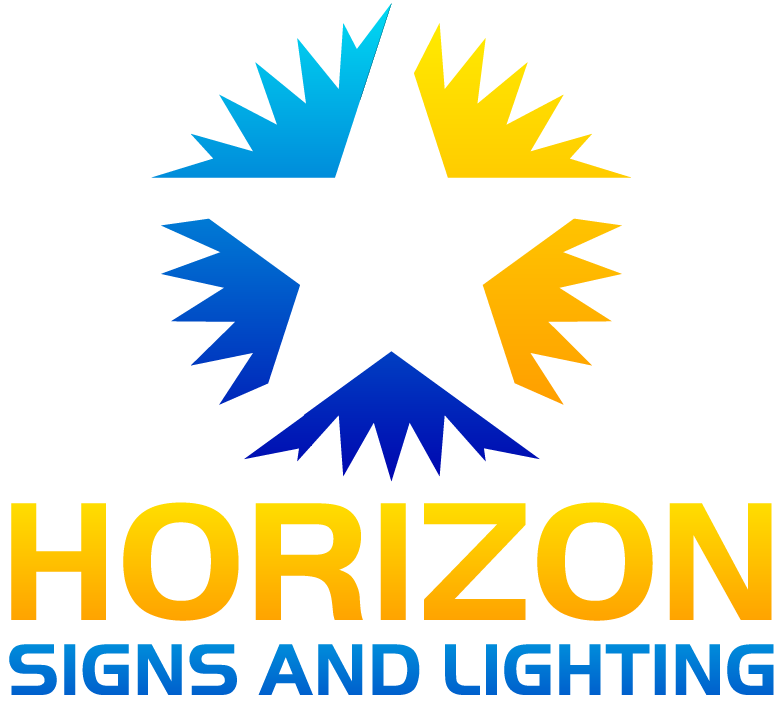What Type of Business Sign Attracts the Most Customers?
TLDR;
The type of business sign that attracts the most customers in Texas combines high visibility, strategic placement, and clear branding—most often, illuminated channel letters,
pylon signs, and digital LED signs lead the pack. The right choice depends on your business location, customer traffic patterns, and design execution.
Why Your Business Sign Might Be Your Most Powerful Marketing Tool
Your business sign isn’t just an identifier—it’s a 24/7 marketing machine. In many cases, it's your first impression, your silent salesperson, and your most cost-effective way to attract attention without ongoing ad spend.
- 68% of consumers judge a business based on its signage (FedEx Office Survey)
- Most customers form their perception of a brand
before entering the building
- Signs work all day, every day, rain or shine—unlike online ads, they don’t require a budget to keep running
In cities like Dallas or Houston, where competition is fierce and attention spans are short, your sign must cut through the noise.
Top Sign Types That Consistently Attract the Most Customers
The effectiveness of your business sign largely depends on the sign type you choose and how well it matches your goals and setting.
Channel Letter Signs
- Best for: Retail strips, malls, standalone storefronts
- Features: 3D illuminated letters, customizable fonts, halo/backlit effects
- Benefits:
- Strong visibility during day and night
- Offers a polished, professional look
- Reinforces brand identity with dimensional design
Popular Use Case: Chain stores and restaurants throughout Texas suburbs
Pylon & Pole Signs
- Best for: Auto dealerships, gas stations, shopping centers, roadside businesses
- Features: Tall, freestanding, often double-sided
- Benefits:
- Can be seen from highways or several blocks away
- Ideal for attracting vehicular traffic
- Multiple tenants can be featured
Popular Use Case: Dealerships on I-35 using pylon signs to outshine competitors
Monument Signs
- Best for: Medical offices, real estate firms, schools, upscale service providers
- Features: Low-profile, often made with masonry or premium materials
- Benefits:
- Conveys a sense of permanence and prestige
- Ideal for suburban or residential business areas
- Blends well with landscaping and HOA requirements
Digital/LED Electronic Signs
- Best for: Restaurants, event venues, retail stores, service centers
- Features: Scrolling messages, programmable content, color and video options
- Benefits:
- Grab attention through motion and light
- Update messages in real-time
- Perform well day and night
Blade Signs / Hanging Signs
- Best for: Downtown shops, coffee houses, galleries, walkable shopping districts
- Features: Mounted perpendicular to storefront, often artistic in design
- Benefits:
- Highly visible to pedestrians
- Adds charm and character
- Works well in areas with foot traffic rather than car traffic
A-Frame / Sidewalk Signs
- Best for: Cafés, boutiques, barbershops, salons
- Features: Portable sandwich boards, customizable messages
- Benefits:
- Great for time-sensitive promotions or sales
- Easily changeable and moveable
- Inexpensive with a strong local impact
Choosing the Right Sign Based on Your Location and Traffic Type
Different locations require different signage strategies. Whether you're on a highway in Houston or nestled in a downtown Austin street, signs for business locations need to be tailored to the type of traffic you want to attract, vehicular or pedestrian. For example, tall pylon signs are ideal along high-speed roads, while blade signs work best in walkable areas with slower foot traffic. Choosing the right type not only improves visibility but also ensures your brand message reaches the right audience in the right context.
- Houston highways:
- Use tall pylon signs for maximum drive-by visibility
- Dallas suburbs:
- Monument signs offer a refined appearance with good local visibility
- Austin downtown:
- Blade signs fit narrow streets and walkable areas where pedestrians dominate
Additional factors:
- Urban vs. suburban vs. rural setting
- Speed of traffic (walking pace vs. 50 mph)
- Business placement (corner, mid-block, or in a plaza)
Business Sign Design Principles That Actually Drive Walk-Ins
Once you’ve chosen the right sign type, it’s all about execution. Design mistakes can cancel out a great sign location.
Key considerations:
- Readability Distance:
- A rule of thumb: 1-inch letter height = 10 feet of readability
- Font Choices:
- Avoid scripts or novelty fonts; go for bold, sans-serif types
- Contrast:
- Use light text on dark backgrounds or vice versa
- Avoid light-on-light or dark-on-dark combinations
- Color Psychology:
- Red = urgency
- Blue = trust
- Yellow = optimism
- Green = freshness or eco-consciousness
- CTAs on Signs:
- If space allows, add short action-oriented language like “Now Open” or “Visit Today”
- Branding Consistency:
- Match the sign with your logo, website, and business cards
Local Regulations: Business Sign Permits and Rules in Texas
Before you install anything, make sure you’re compliant with local sign codes. Regulations can vary widely by city.
Dallas:
- Restrictions on height and illumination
- Permit required for most permanent signs
- Historic districts may need special approval
Houston:
- Must comply with size ratios based on property frontage
- Illuminated signs require electrical permits
- Banners or temporary signs have time limits
Austin:
- Special rules for downtown and mixed-use areas
- Monument signs preferred in many zoning types
- Digital signs limited in residential-adjacent areas
Seasonal Sign Strategies and Temporary Signage Opportunities
Temporary signs can be powerful during high-sales periods or events.
Best seasonal sign strategies:
- Rodeos and State Fairs:
- Use portable signs, banners, or vehicle wraps
- Back-to-School Promotions:
- A-frame specials, window vinyls, or digital message boards
- Holiday Sales:
- Add seasonal colors or themed lighting to LED signs
Sign Planning Insights for Texas Small Businesses
Before deciding on a sign, answer these questions:
- What is your primary traffic source—cars or pedestrians?
- Are you located on a main road, side street, or business park?
- How important is nighttime visibility for your business?
- What’s your budget for initial build and long-term upkeep?
- Do you plan to update your messaging regularly?
- Is your brand more traditional or bold and modern?
